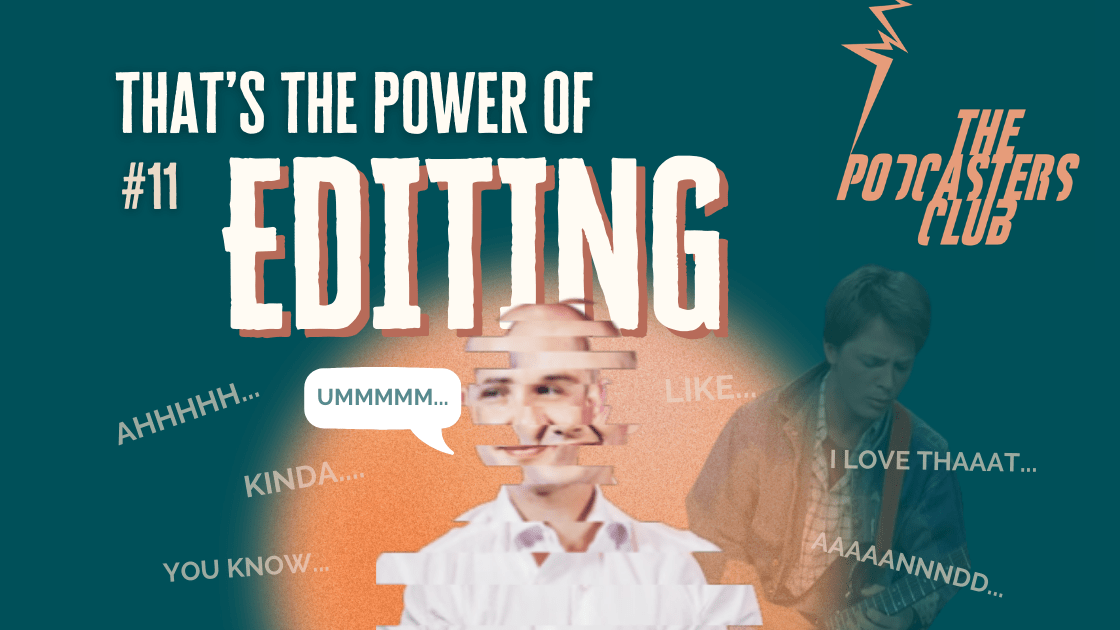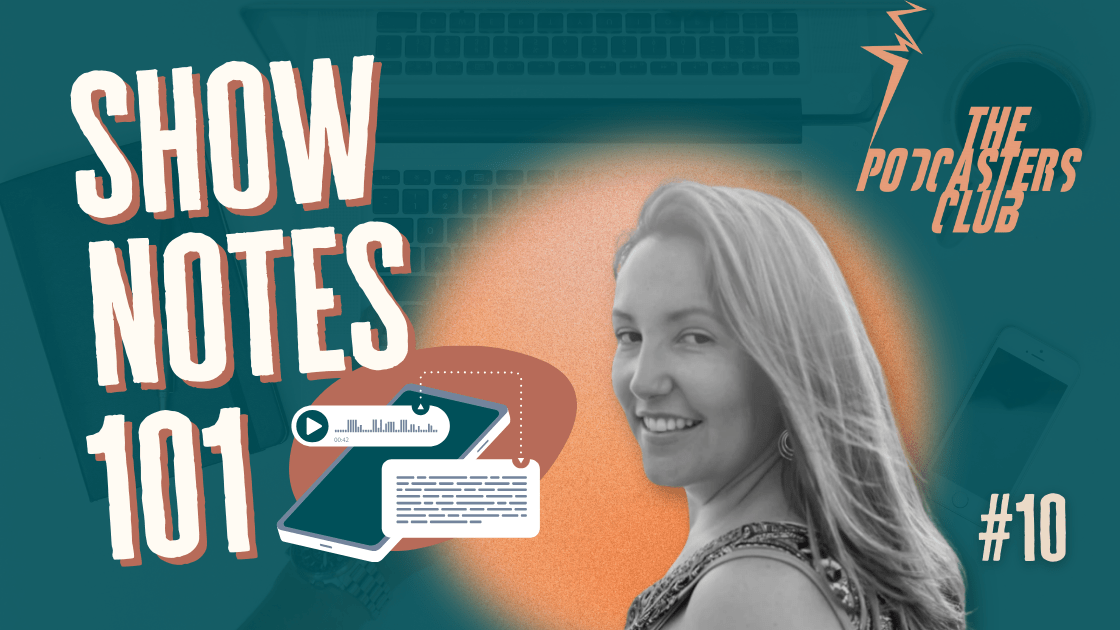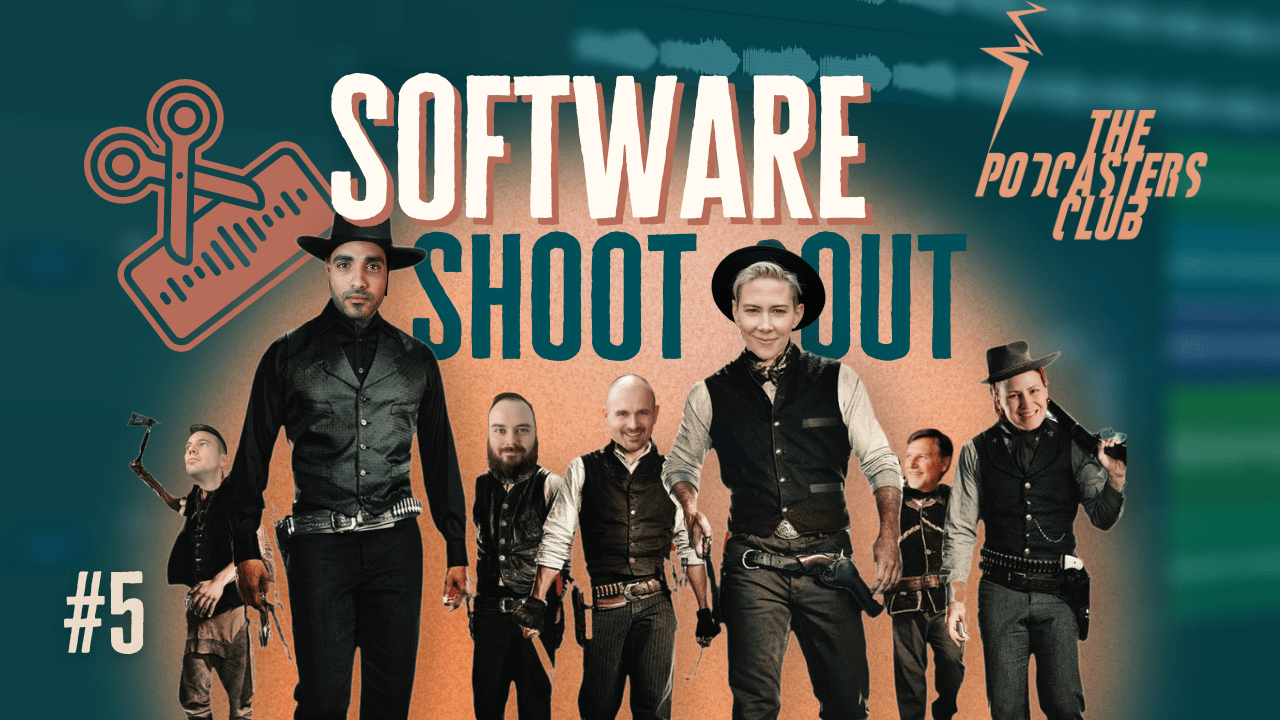Podcast Perfection: The Difference Mastering Makes [with audio examples]
So you've meticulously crafted a captivating podcast episode – congratulations! But before hitting publish, there's one crucial step remaining: mastering.
Mastering is the final stage of audio production, akin to a shoeshine on your Italian leather loafers. It ensures optimal listening quality across various devices and platforms, leaving a lasting impression on your audience.
Why Mastering Matters: The Science of Sound
Mastering might seem like a technical afterthought, but it significantly impacts your podcast's overall sound and listener experience. Here's how it delivers that quality:
Consistency and Clarity: Mastering evens out volume levels throughout your episode, eliminating any jarring fluctuations. It also addresses background noise or audio inconsistencies. The result is a polished and professional soundscape.
Optimised for Different Devices: Mastering ensures your podcast sounds great on all listening platforms, regardless of whether it's played on a high-end sound system or a smartphone speaker. This is especially important considering the rise of mobile listening, with a reported 68% of podcast listeners* tuning in through their smartphones (*US only. Source: Edison Research Podcast Metrics).
Enhanced Listening Experience: Mastering can subtly enhance the overall audio quality by balancing frequencies, adding subtle compression, and maximising the dynamic range. Mastering can make voices sound warmer and brighter, fuller and more present. This translates to a more pleasant and engaging listening experience for your audience.
Discover how bad audio is ruining your podcast and what you can do about in this article.
Hear The Difference: Mastering in Action
Alright, buckle up for some audio examples!
Ouch, a few issues here, right? It's a little loud and distorted at times, and that background noise – sounds like a jet engine took up residence in the recording studio!
Much better, wouldn't you say? The noise reduction is a clear improvement, and her voice sounds smoother and more controlled. I used some EQ magic to clear up the low-mid tones, making it a lot easier on the ears.
Let's see what another example sounds like raw.
Catch that? This one suffers from a super low recording level, tons of background noise, and some distracting clicks with each word.
Still a work in progress, but a massive leap forward from the original! It's definitely more pleasant to listen to now.
This one sounds like a smartphone recording on a busy desk during a Zoom call. Notice how quiet it is, and all that distracting background hum. The speaker's voice also sounds a bit muffled and confined.
Night and day, right? So, as you can see, mastering makes a huge difference. But remember, a good quality recording can make a world of difference too! Read our articles on recording best practices.
So, with these examples in mind, should you attempt mastering your podcast yourself or hire a pro?
DIY Mastering or Pro Services? Exploring Your Options
For beginner podcasters, there are user-friendly online mastering tools and audio editing software with built-in mastering features. These can be a great starting point. However, if you're serious about achieving a professional sound, consider collaborating with a pro mastering engineer. They possess the expertise and specialised equipment to meticulously refine your audio and elevate it to the next level.
Mastering Essentials: Tools and Techniques
The mastering process typically involves using specialised audio software and techniques. Here's a basic breakdown of the tools used in mastering:
Equalization (EQ): Mastering engineers use EQ to fine-tune the frequency spectrum, ensuring clarity and removing unwanted noise.
Compression: Compression subtly reduces the dynamic range of your audio, minimising volume fluctuations so that voices are audible and clearly understood throughout.
Normalisation: Normalisation ensures your entire episode reaches a specific loudness level, adhering to industry standards for podcast distribution platforms.
Limiting: Limiting prevents audio clipping, a distortion that occurs when audio peaks exceed a certain level. This ensures a clean and distortion-free listening experience.
Optimising Your Podcast for Success: Beyond Mastering
Mastering is a crucial step, but it's just one piece of the puzzle. Here are some additional tips to optimise your podcast for success:
Invest in Quality Recording Equipment: A good microphone can significantly improve your audio quality right from the start. Read our article about podcasting equipment here.
Maintain a Consistent Recording Environment: Minimize background noise by recording in a quiet space. Read our article about how to maximise your recording space for quality audio.
Embrace Editing Techniques: Editing software allows you to remove unwanted noise, add intros and outros, and adjust levels for smooth transitions. Read our article about the difference editing makes here.
Upskill Online: If you’re mastering your show yourself, find online tutorials on EQ, de-essing, compression and limiting, use good quality headphones, or studio monitors if you can, and practice using your ears to improve your podcast.
Avoid Pre-set Mastering Chains: If you don’t know what they do then you’re wasting your money. Presets won’t solve the issues of unique audio in everyday situations. Every voice is different every day, and each new recording has different requirements.
From Good to Great.
Mastering is the final brushstroke that elevates your podcast from good to great. It ensures a consistent, professional sound that keeps your audience engaged across all listening platforms and devices. Whether you're a seasoned podcaster or just starting out, mastering your audio demonstrates your commitment to quality and professionalism.
Ready to give your podcast the mastering touch it deserves? Explore our comprehensive podcast production services and let our team of audio experts help you create a podcast that truly shines.




![Podcast Perfection: The Difference Mastering Makes [with audio examples]](https://images.squarespace-cdn.com/content/v1/6632edd588483f6e2a0bc4fa/1715541221604-A295QS3ZCR90MP2GSZ6W/Podcast-Mastering-PrecisionPodcasting.png)
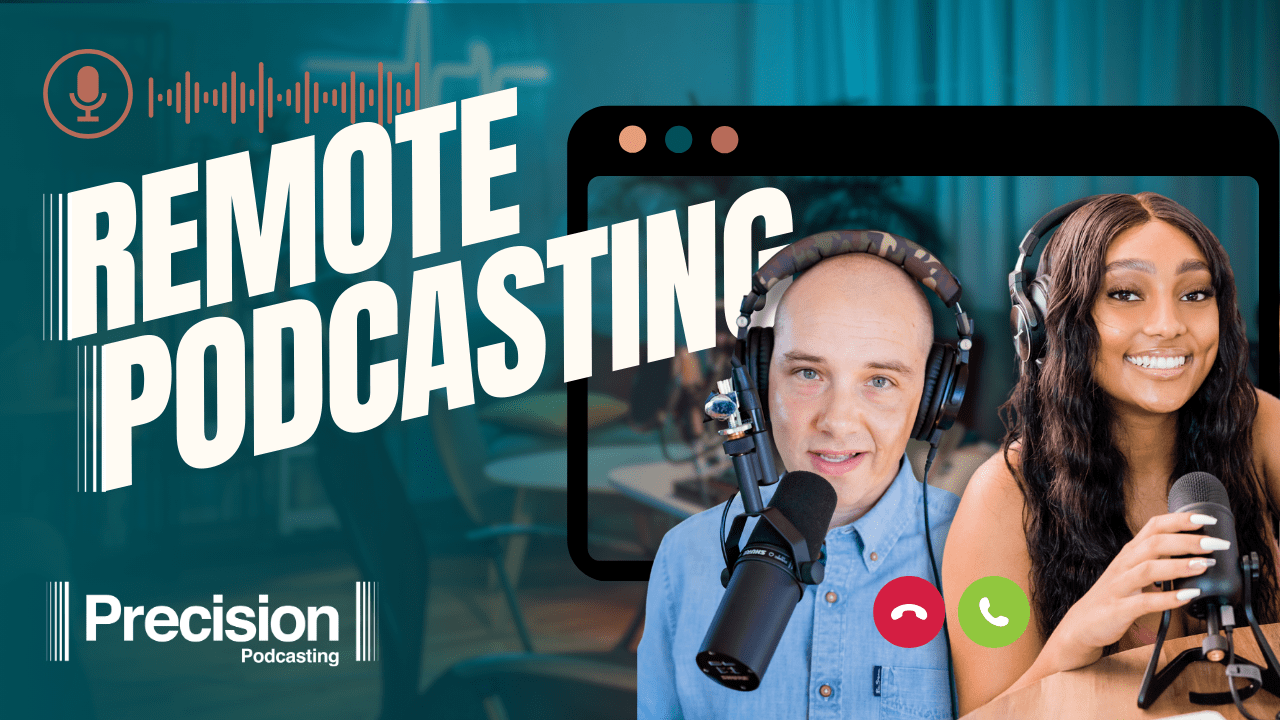
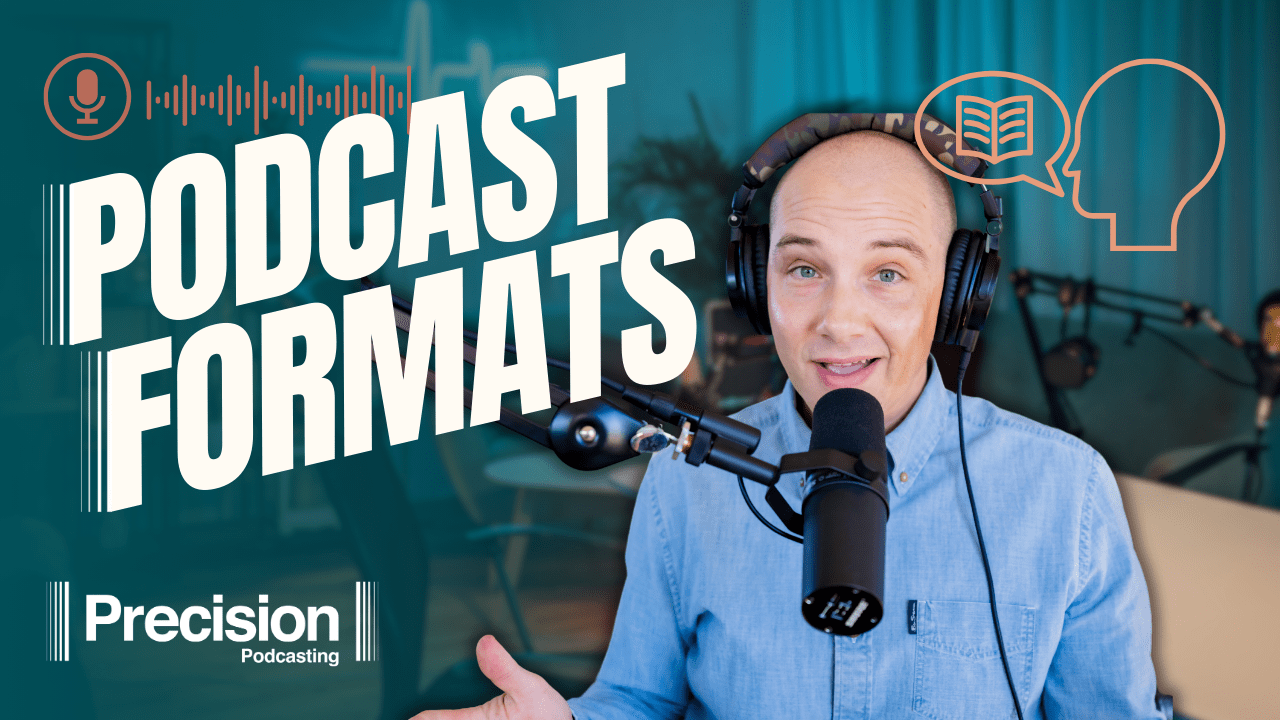
![The Power of Podcast Editing [with examples].](https://images.squarespace-cdn.com/content/v1/6632edd588483f6e2a0bc4fa/1715541140779-2O033HV3Z7EV0LYYJBET/Podcast-editing-PrecisionPodcasting.png)
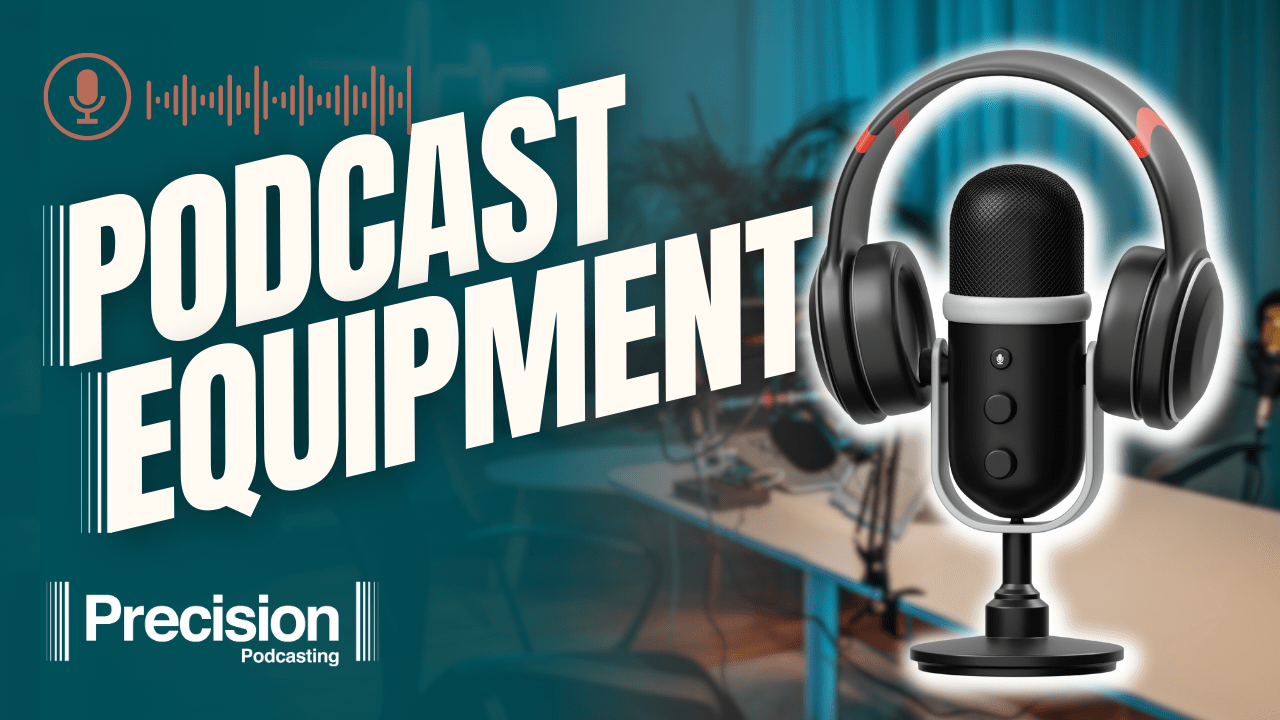
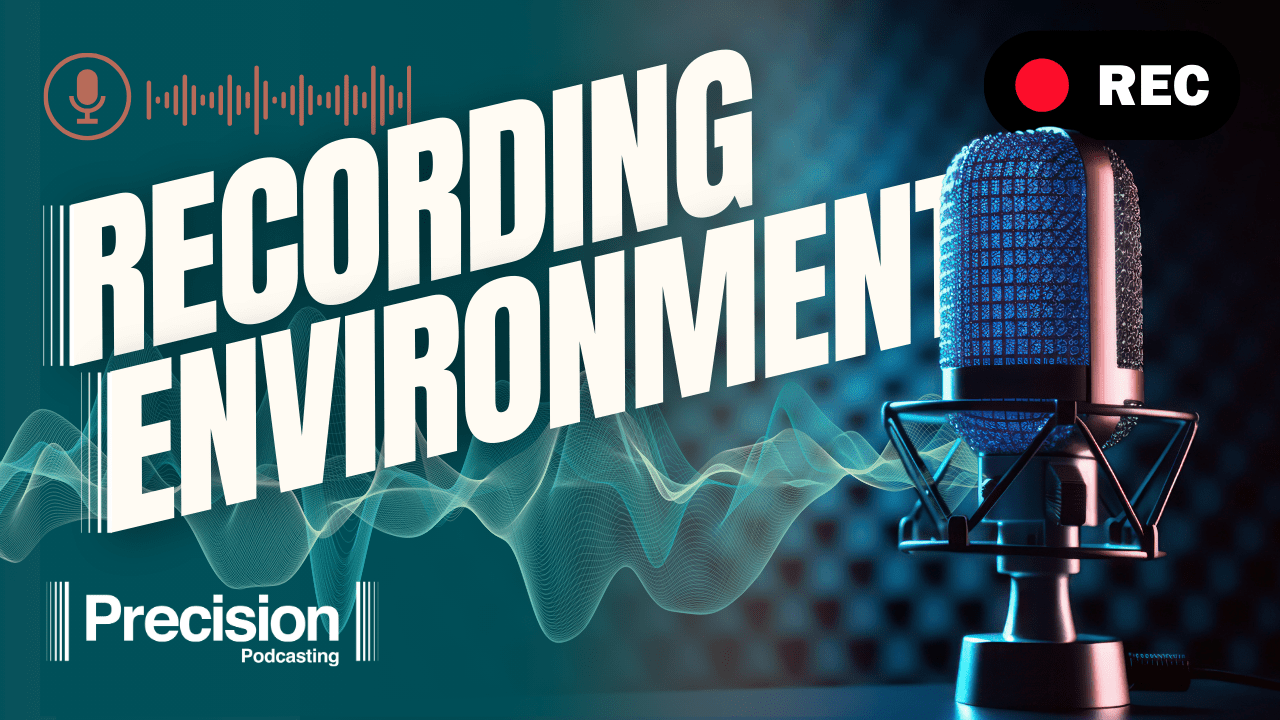
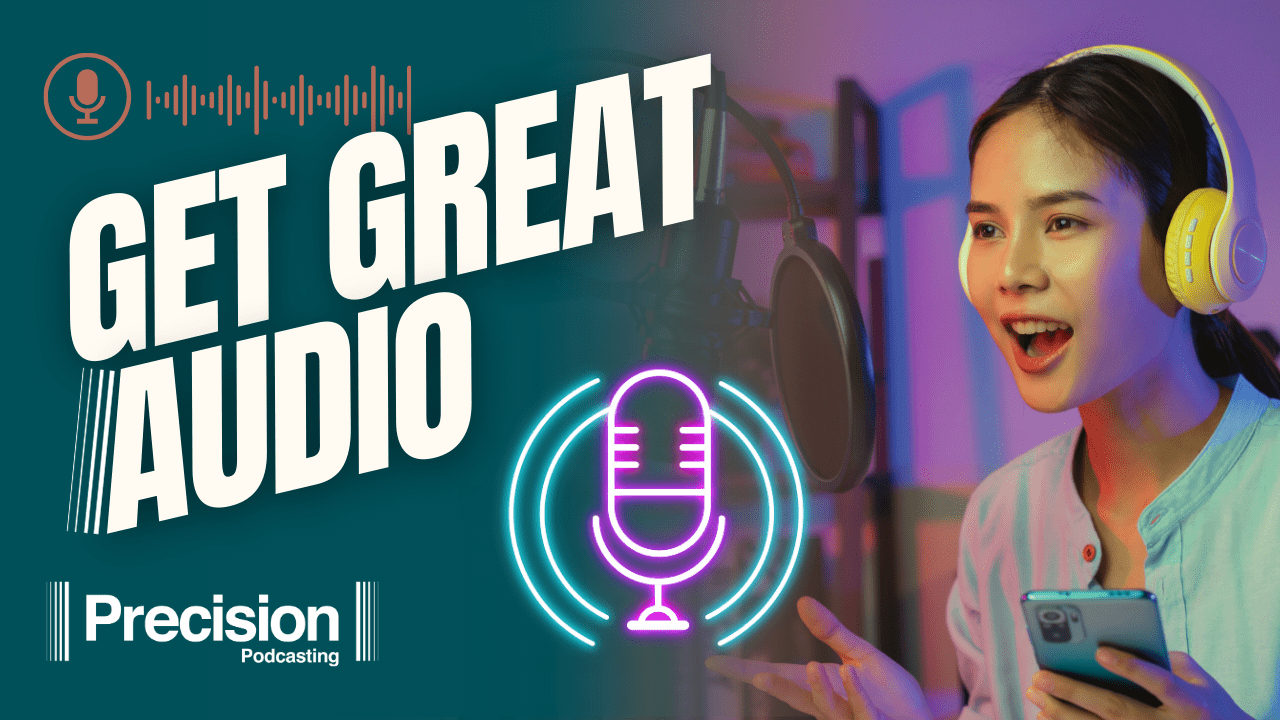
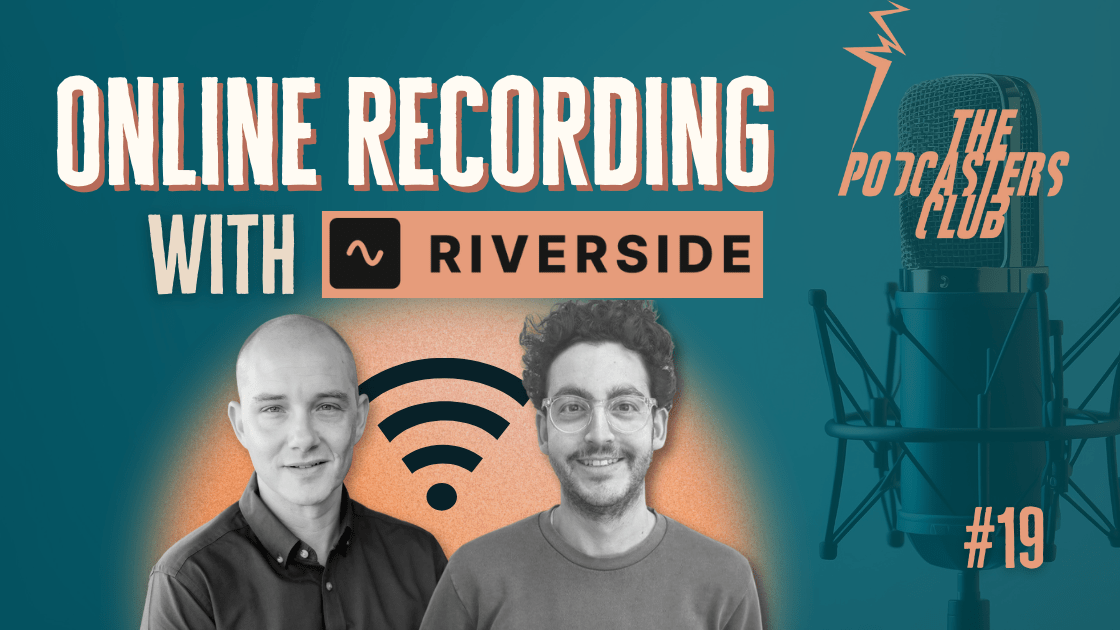
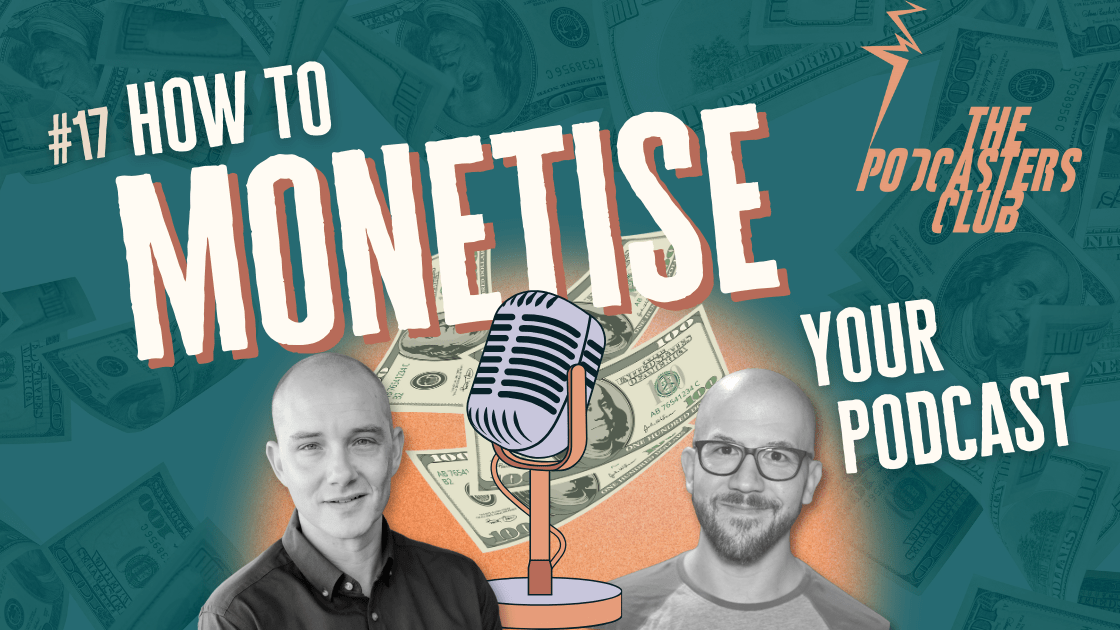
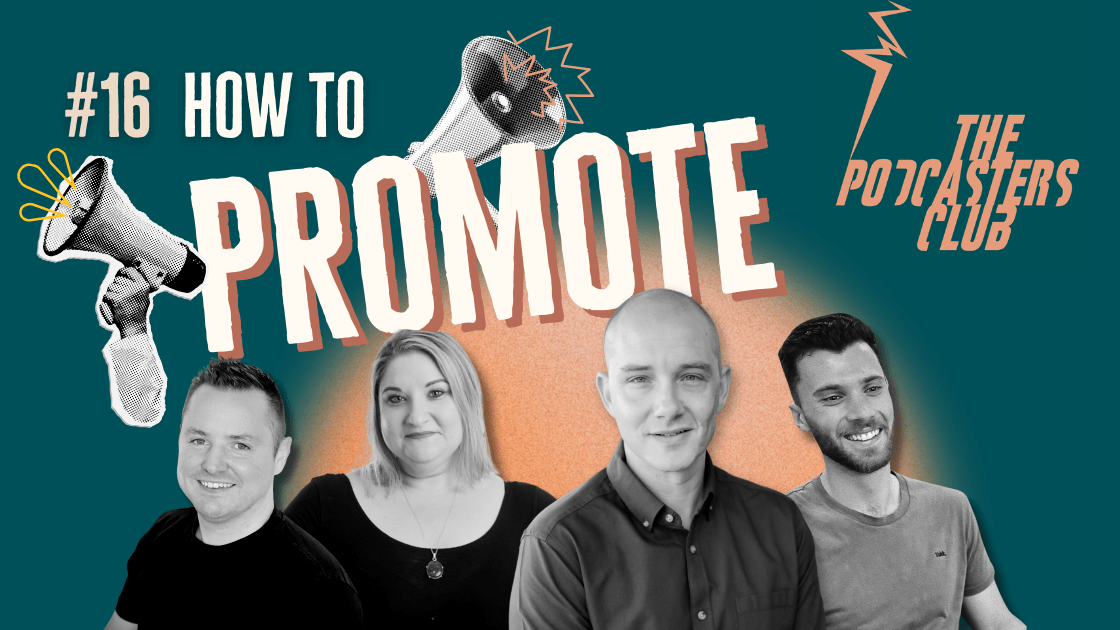
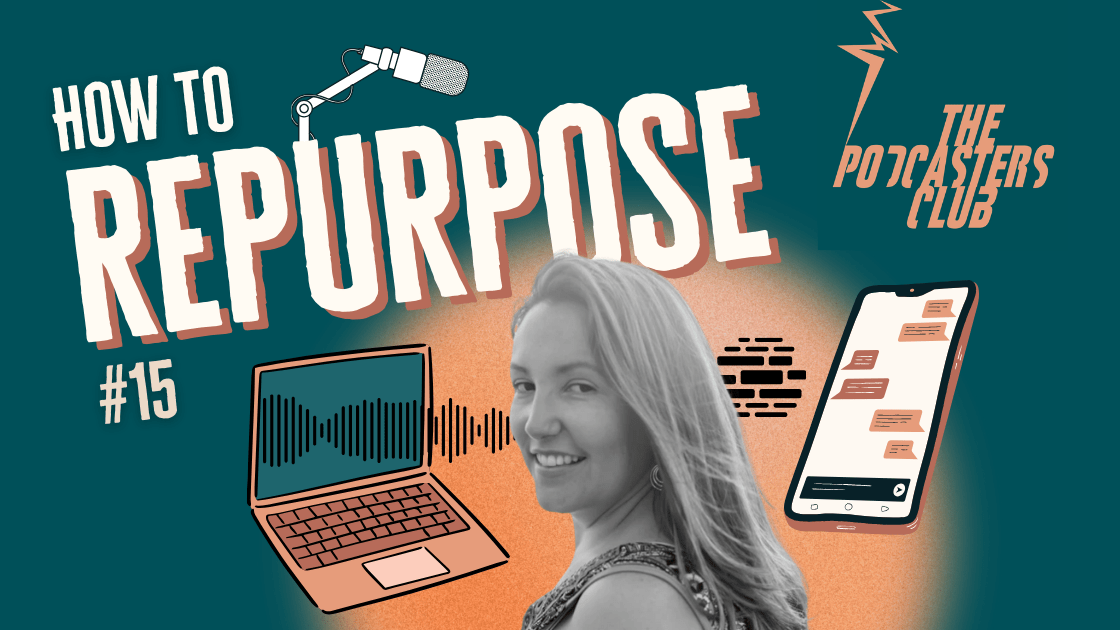
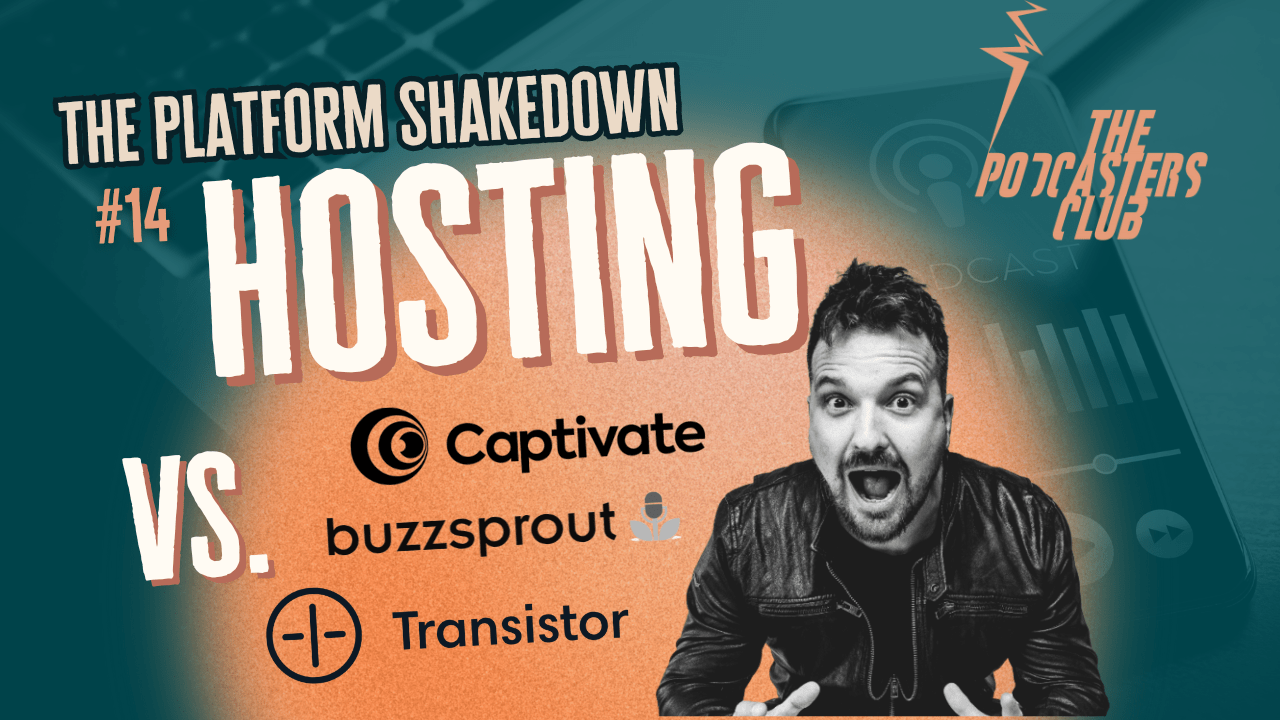

![Blue Yeti X: The Podcaster's Workhorse? [review]](https://images.squarespace-cdn.com/content/v1/6632edd588483f6e2a0bc4fa/1715812288019-HMB8SFWJ6GEWX4OY9NIS/The-Podcasters-Club-Ep12-Blue-Yeti-Review-min.png)
